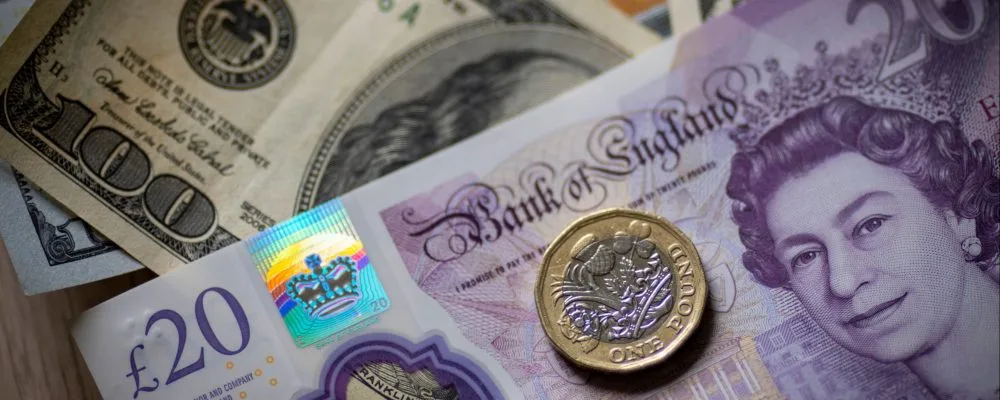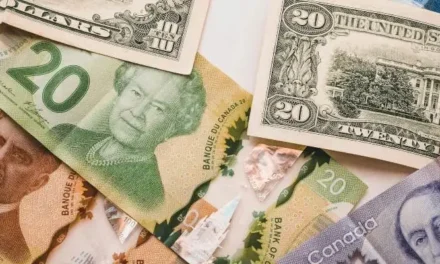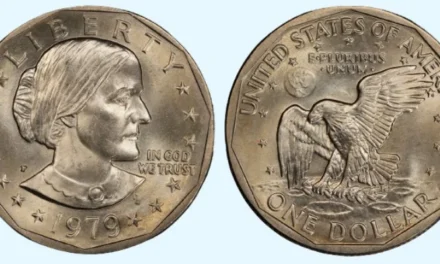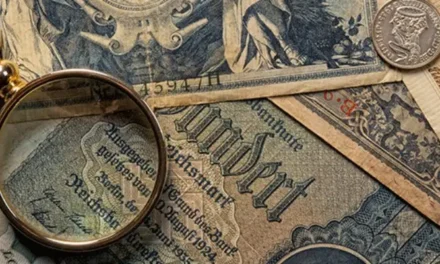Unlocking the Secrets Behind Pound’s Dominance
Have you ever wondered why the British pound holds a stronger position compared to the US dollar in the global currency market?
In this article, we will unravel the reasons behind the pound’s strength and explore the factors that contribute to its dominance over the dollar.
Historical Factors and Economic Stability
The exchange rates between currencies can have a significant impact on various economic factors, including trade, investment, and tourism.
One key factor contributing to the pound’s strength is its historical significance and economic stability. The British pound, also known as sterling, has a rich heritage dating back centuries.
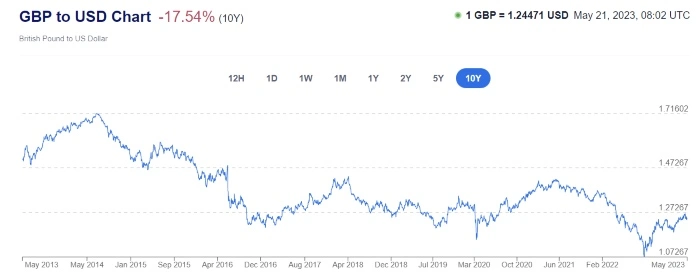
Throughout history, the United Kingdom has maintained its position as a global economic powerhouse, and the pound has been recognized as a reliable and stable currency.
The UK’s long-standing reputation for economic stability, backed by a robust financial system, has instilled confidence in investors worldwide. Stability attracts foreign investments, which increases the demand for the pound, thereby boosting its value against other currencies, including the US dollar.
Trade and Economic Performance
Another important factor is the United Kingdom’s trade and economic performance. The UK has a well-diversified economy with strong sectors such as finance, technology, and creative industries. Additionally, it has established itself as a global hub for international trade.
A trade surplus, where a country exports more than it imports, can positively impact its currency value. The UK has historically maintained a trade surplus, which contributes to the strength of the pound. This surplus reflects the country’s competitiveness in global markets and increases demand for the pound, reinforcing its position relative to the US dollar.
Interest Rates and Monetary Policy
Interest rates and monetary policy decisions play a vital role in determining a currency’s value. The Bank of England, as the central bank of the United Kingdom, formulates monetary policies to maintain price stability and support economic growth. By adjusting interest rates, the central bank influences borrowing costs and inflation levels.
When the Bank of England raises interest rates, it attracts foreign investors seeking higher returns on their investments. This increased demand for the pound drives its value up against the dollar. In contrast, lower interest rates can have the opposite effect, as they reduce the attractiveness of the pound for investors.
Political Stability and Geopolitical Factors
The United Kingdom is known for its stable political system and the rule of law. These factors provide a favorable environment for business and investment, increasing confidence in the pound.
Moreover, geopolitical factors can also impact currency strength. Uncertainty and instability in other parts of the world can lead investors to seek safer havens for their capital, and historically, the UK and its currency have been viewed as a relatively safe investment option.
Conclusion
In conclusion, several factors contribute to the pound’s strength compared to the dollar. Historical significance, economic stability, trade performance, interest rates, political stability, and geopolitical factors all play their part. Understanding these dynamics helps us appreciate why the pound holds a dominant position in the currency markets.
Remember, while the pound’s strength against the dollar has its advantages, it’s essential to consider the specific circumstances and goals of your financial endeavors.
Keep exploring the fascinating world of currencies, and stay informed about the latest economic developments. The dynamics between currencies offer

